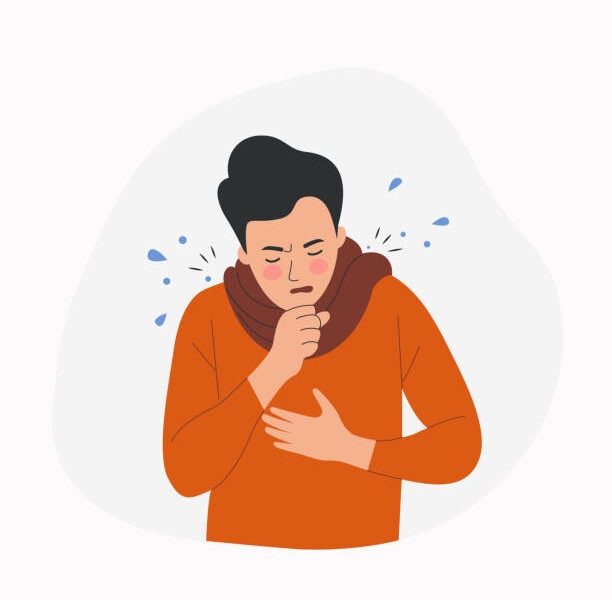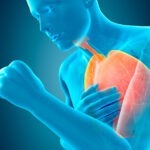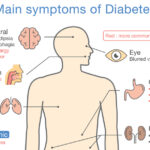Chills are a feeling of being cold without an obvious cause. You may shiver, shake, have goosebumps, or chattering teeth when you have chills. Chills are a way for your body to try to regulate its core temperature by contracting and relaxing your muscles and narrowing your blood vessels.
Chills can occur with or without a fever. A fever is a rise in your body temperature above the normal range, which is usually around 98.6°F (37°C). A fever indicates that your body is fighting off an infection or another problem.
Chills can have various causes, from exposure to cold weather to serious medical conditions. In this blog post, we will explain the causes, treatments, and complications of chills in more detail. We will also provide some tips on how to cope with chills and when to see a doctor.
Causes of Chills
Chills can be caused by different factors that affect your body temperature. Some of the common causes are:
• Infections: These are illnesses caused by bacteria, viruses, fungi, or parasites that invade your body and cause inflammation and damage. Infections can cause chills by triggering the release of chemicals called pyrogens that raise your body temperature and make you feel cold. Infections can also cause fever, which makes you feel hot and sweaty. Some examples of infections that can cause chills are pneumonia, urinary tract infections (UTIs), malaria, flu, and COVID-19.
• Autoimmune diseases: These are disorders in which your immune system mistakenly attacks your own cells and tissues and causes inflammation and damage. Autoimmune diseases can cause chills by affecting your body temperature regulation or by causing fever as a result of inflammation. Some examples of autoimmune diseases that can cause chills are lupus, rheumatoid arthritis, multiple sclerosis, and Crohn’s disease.
• Cancers: These are abnormal growths of cells that can spread to other parts of your body and interfere with its normal functions. Cancers can cause chills by affecting your body temperature regulation or by causing fever as a result of inflammation or infection. Some examples of cancers that can cause chills are leukemia, lymphoma, kidney cancer, and liver cancer.
• Drug withdrawal: This is a condition that occurs when you stop taking a drug that you have been using for a long time or in high doses. Drug withdrawal can cause chills by affecting your nervous system and causing changes in your body temperature regulation. Some examples of drugs that can cause withdrawal symptoms including chills are opioids, alcohol, nicotine, and cocaine.
• Hypothermia: This is a condition that occurs when your body temperature drops below 95°F (35°C). Hypothermia can cause chills by making you feel cold and shiver uncontrollably. Hypothermia can be caused by exposure to cold weather, water, or wind, or by wearing wet or inadequate clothing. Hypothermia can also be caused by medical conditions such as diabetes, thyroid problems, or sepsis.
• Anxiety: This is a feeling of nervousness, fear or worry that can affect your physical and mental health. Anxiety can cause chills by affecting your nervous system and causing changes in your body’s temperature regulation. Anxiety can also cause you to sweat, tremble or breathe rapidly. Anxiety can be triggered by stressful situations such as exams, interviews, or public speaking.
Treatments for Chills
The best treatment for chills depends on the underlying cause. Some general treatments for chills are:
• Warming up: You can warm up your body by wearing layers of clothing, covering yourself with blankets, drinking hot beverages, or using heating pads or hot water bottles. Warming up can help relieve chills caused by exposure to cold weather or water, hypothermia, or anxiety.
• Medications: You can take medications to treat the cause of your chills or to reduce the symptoms. Some examples of medications for chills are Antipyretics: These are drugs that lower your body temperature and reduce fever. Examples include acetaminophen (Tylenol) and ibuprofen (Advil). Antipyretics can help relieve chills caused by infections, autoimmune diseases, cancers, or drug withdrawal. Antihistamines: These are drugs that block the effects of histamines, which are chemicals that cause allergic reactions. Examples include diphenhydramine (Benadryl) and cetirizine (Zyrtec). Antihistamines can help relieve chills caused by allergies, such as food allergies or insect bites. Antibiotics: These are drugs that kill bacteria and prevent infections. Examples include amoxicillin (Amoxil) and ciprofloxacin (Cipro). Antibiotics can help treat chills caused by bacterial infections, such as pneumonia or UTIs. Antivirals: These are drugs that inhibit viral replication and prevent infections. Examples include oseltamivir (Tamiflu) and remdesivir (Veklury). Antivirals can help treat chills caused by viral infections, such as flu or COVID-19. Antifungals: These are drugs that kill fungi and prevent infections. Examples include fluconazole (Diflucan) and terbinafine (Lamisil). Antifungals can help treat chills caused by fungal infections, such as ringworm or candidiasis. Antiparasitics: These are drugs that kill parasites and prevent infections. Examples include metronidazole (Flagyl) and ivermectin (Stromectol). Antiparasitics can help treat chills caused by parasitic infections, such as malaria or scabies. Anti-inflammatories: These are drugs that reduce pain and inflammation. Examples include aspirin (Bayer) and naproxen (Aleve). Anti-inflammatories can help relieve chills caused by autoimmune diseases, Cancers, or drug withdrawal.
• Home remedies: You can use some home remedies to ease the discomfort of chills or to boost your immune system. Some examples of home remedies for chills are Ginger: This is a spice that has anti-inflammatory, and antioxidant.



